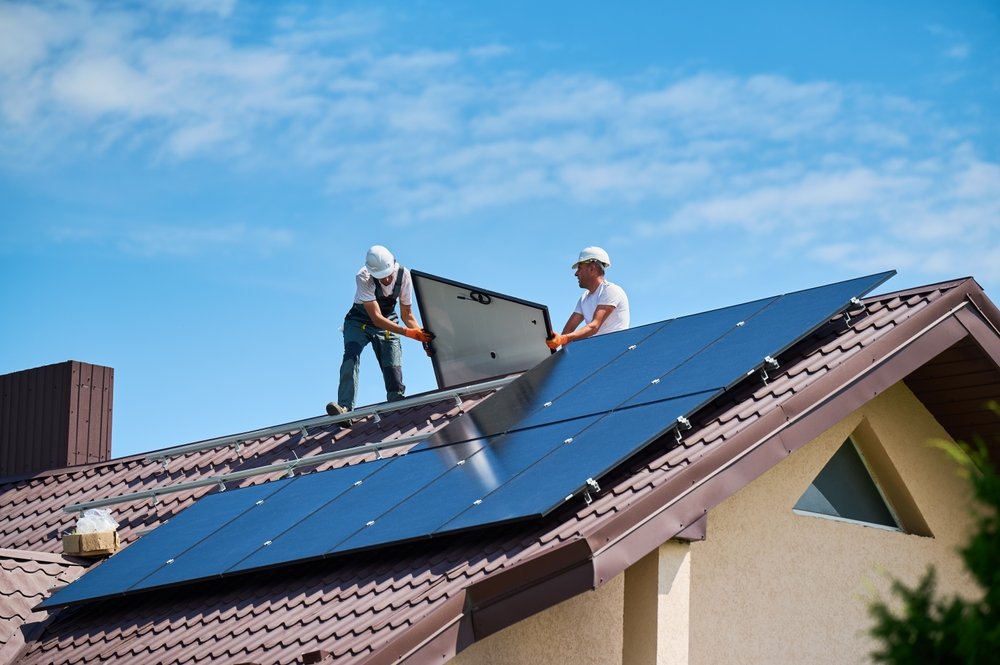Solar roofs are now mandatory for new buildings in many German states. However, grid operators are increasingly refusing to allow feed-in. Overloaded power grids render photovoltaic systems on private roofs unusable. At the same time, bureaucracy is forcing homeowners to make investments that are hardly worthwhile without the option to feed in electricity. (zfk: 19.08.25)
Climate goals meet contradictory rules
The government sets ambitious climate goals, but laws are blocking each other. Bureaucracy ensures that photovoltaics is promoted but simultaneously hindered. At the same time, the EU is setting strict requirements that leave little room for maneuver. The European Court of Justice is forcing member states to expand, even when the power grid is already operating at its limits. This leaves citizens trapped in a vicious circle.

The Luxembourg judges are further tightening national regulations. This creates new hurdles for businesses and homeowners. A functioning solar roof can be worthless if grid operators refuse to connect it.
Curious solar roof requirement when building a house
In Baden-Württemberg, a regulation has been in effect since 2022: new buildings must have solar roofs. Similar rules exist in Berlin. Initially, photovoltaics still generated revenue, but now grid operators are often refusing to connect them. The power grid is overloaded, and bureaucracy is exacerbating the situation. Even corporations like EnBW can no longer accept every feed-in.
The problem is particularly drastic in Reutlingen. There, the grid operator FairNetz is rejecting new feed-ins. This threatens to set a bizarre record: the most unused solar roofs in a city that could actually be considered a model region for photovoltaics.
Reutlingen as an example of blockades
The “Zeitung für Kommunale Wirtschaft” (Newspaper for Municipal Economy) reported that FairNetz is blocking the connection of new systems. Managing Director Thorsten Jansing explained: “Our grid was designed, as is well known, for a centralized power supply from large power plants, not for ten thousand producers who want to feed in electricity at the same time.” Solar peaks occur, especially on holidays, which place a massive strain on the power grid.
However, grid expansion remains hampered by bureaucracy. Complex approval procedures are met with a shortage of personnel and materials. Grid operators are now demanding land from citizens for local grid stations. But even then, it takes years before a new solar roof can actually feed in electricity.
“Zero feed-in” as a temporary solution
As a stopgap measure, FairNetz advocates “zero feed-in.” Owners are allowed to use the electricity from their solar roofs themselves or store it. However, without storage, there is a financial risk. The grid operator points out that feed-in permits will follow the expansion of the electricity grid.
This clearly demonstrates: photovoltaics has enormous potential, but bureaucracy and overloaded grids are slowing progress. A solar roof often represents only a symbol of climate protection, while the generated electricity finds no consumer.
